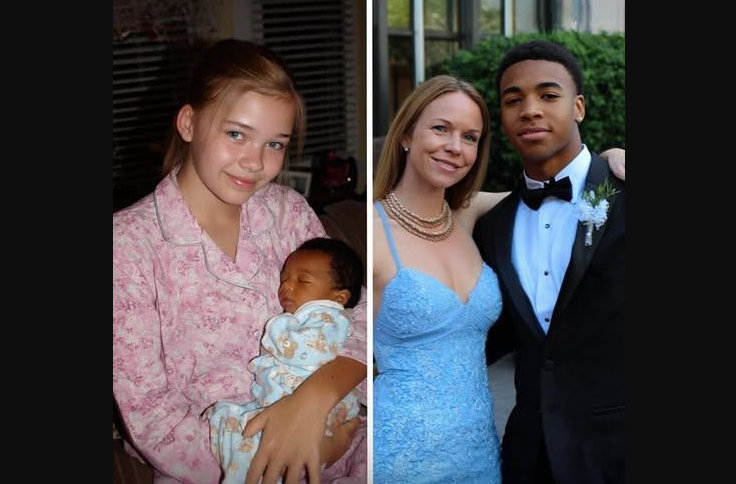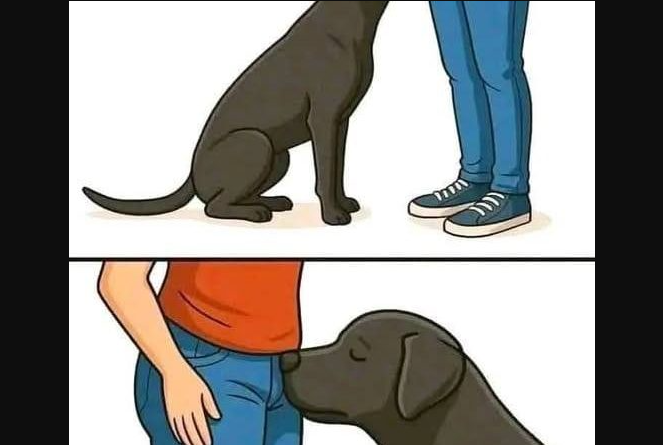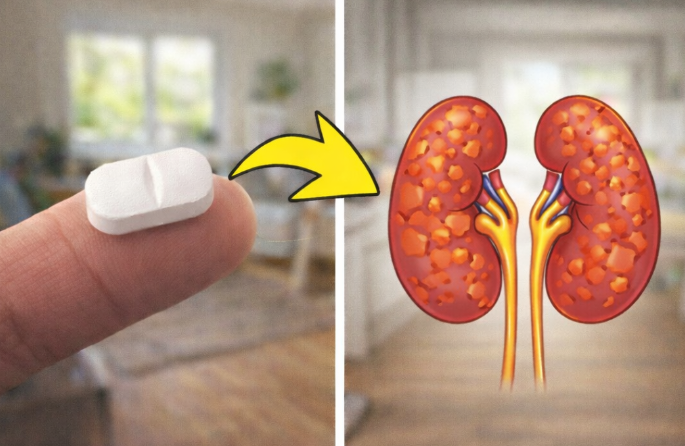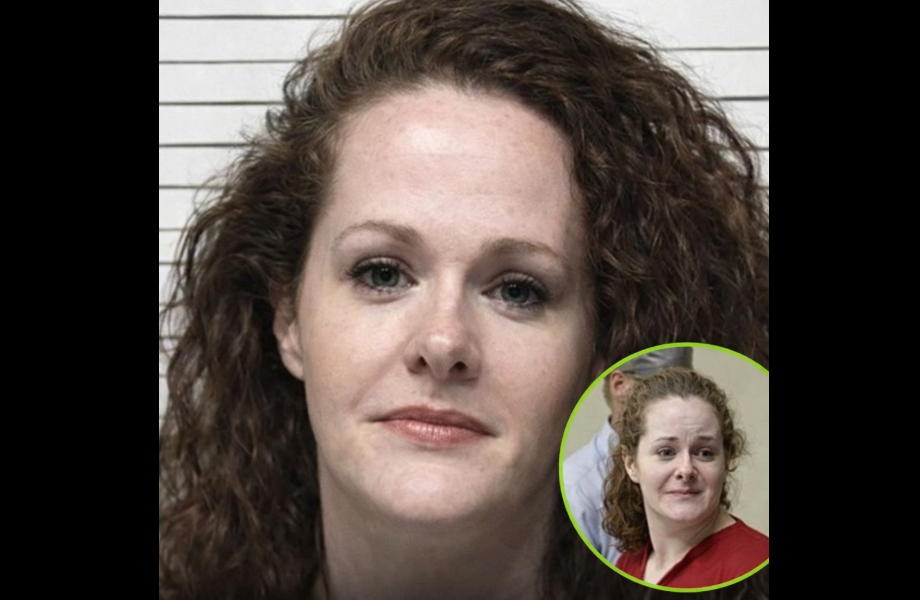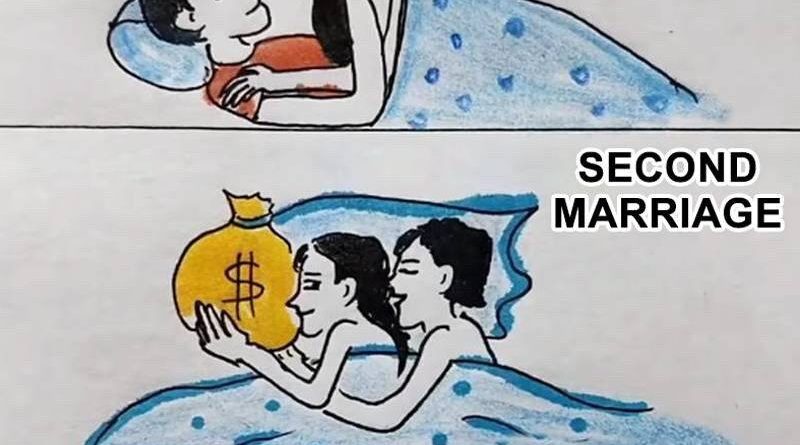The washing machine sprang a leak, prompting me to call a technician. He arrived promptly and resolved the issue in thirty minutes, after which I settled his fee. As he prepared to leave, I noticed a flush of color on his cheeks, and he handed me a neatly folded piece of paper. Intrigued, I unfolded it once he was gone. The note read: “Thank you for your warmth and kindness. Most people view me solely as a repairman, hurrying me out once the job is done. Today, when you offered me tea and inquired about my day, it brought back memories of my late wife. She always ensured I had a warm drink before leaving home. For a brief moment, I felt truly seen.
Here’s my number—if you ever need assistance again, or perhaps just someone who knows the weight of loneliness.” I stood there, deeply moved. It wasn’t a romantic gesture—it was a heartfelt expression of gratitude tinged with sorrow. That evening, I shared the note with my son. His reply was brief yet profoundly insightful: “Mom, he might simply need a friend. Everyone does.” A week later, I sent him a message—not for a repair, but to invite him to join my family for coffee.
He arrived, visibly nervous, clutching a small bouquet of wildflowers he’d gathered along the way. Over cups of tea, he shared his story of relocating to our town after his wife’s passing and the challenges of beginning anew. Gradually, he became more than a technician.
He grew into a friend—someone who lent a hand with small tasks around the house, shared meals with us, and even taught my son how to repair his bicycle. It all began with a simple note and a kind gesture. Often, the most meaningful connections stem not from grand displays, but from quiet acts of compassion that remind someone they are not alone.

